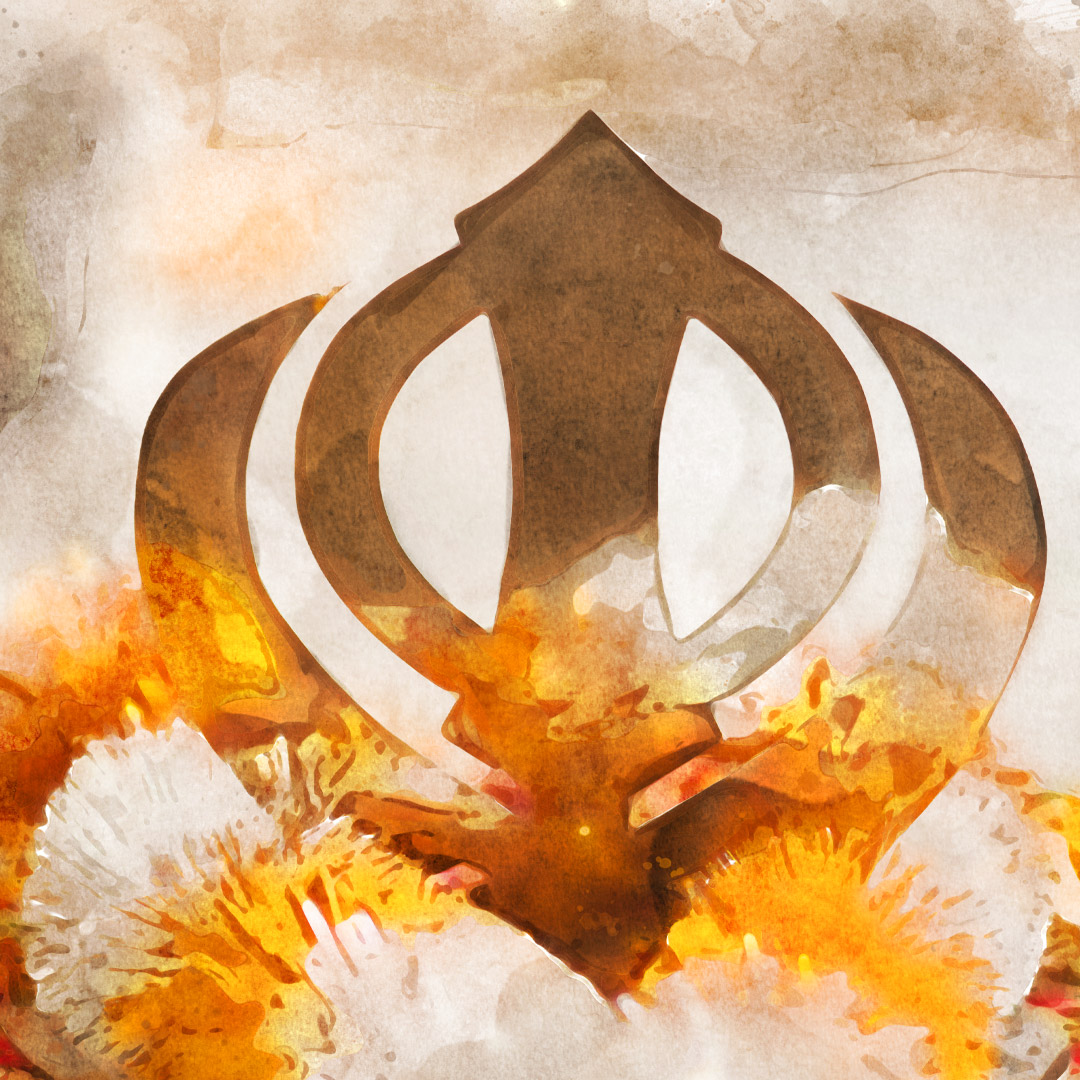Chant in Hebrew | English transliteration | Meaning | Benefits | History
This famous and ancient phrase is exclaimed to praise God in all His glory when one is joyful and happy.
Chant in Hebrew
הללויה
English transliteration of the chant
Alleluia or Hallelujah
Meaning of the chant
Praise the Lord
Benefits of the chant
Through the years, people have felt closer to god by gathering in one place and singing. These praises of the lord make us feel more connected to everyone around us. Singing can help us diminish the noise around us and contact God more easily. Our lives are filled with responsibilities that we have to fulfill in our jobs and home life. What about what God wants to say? These psalms, hymns, and songs are spiritual and biblical truths that help the Lord dwell in us. We don’t need a place and time to praise the Lord; it can be done anywhere. When we feel down in the dumps, singing to the lord can help us feel much better. If we want to thank Him, we can sing his praises and it will instantly uplift our mood.
History of the chant
Hallelujah appears in the ancient Greek Liturgy of St. James. It is associated with joy and happiness in the Roman Rite and is favored during Easter. The word is associated widely with prayers and psalms. Hallelujah is a word that designates the beginning and ending of chants that are used to welcome the Lord.
Important information about the chant
In the Hebrew version, Hallelujah consists of two words, Halal (which means praise) and Jah (which translates to Yah, meaning Lord); the latter is also the abbreviated version of Jehovah’s name. In modern day, the word Hallelujah is used to express happiness over something that you were hoping to happen. Many songs have been written using the chant. One popular song is ‘Get Happy.’ Different cultures use the word differently. Jews recite the word during Hallel Psalms. Christians say the word as a praise to God or a spontaneous expression of joy.






